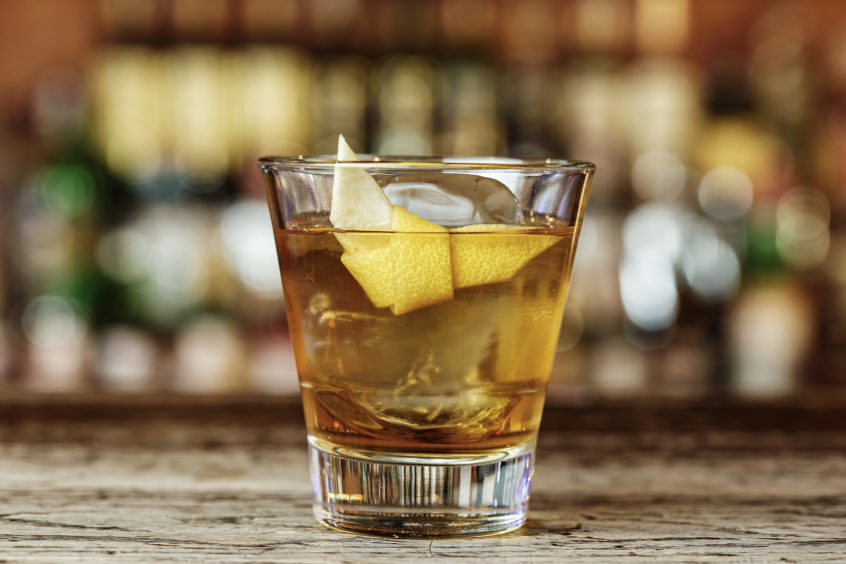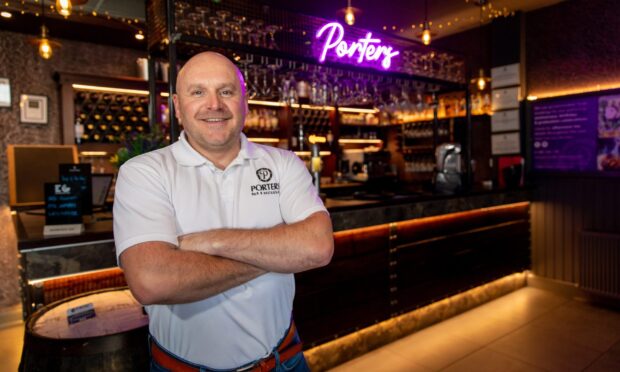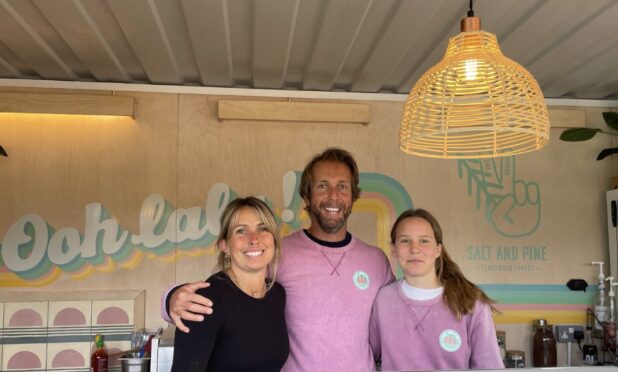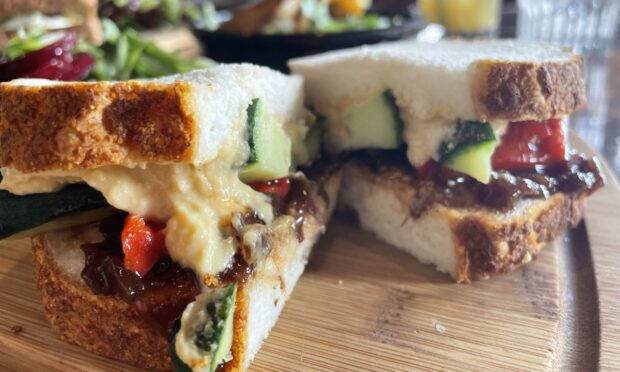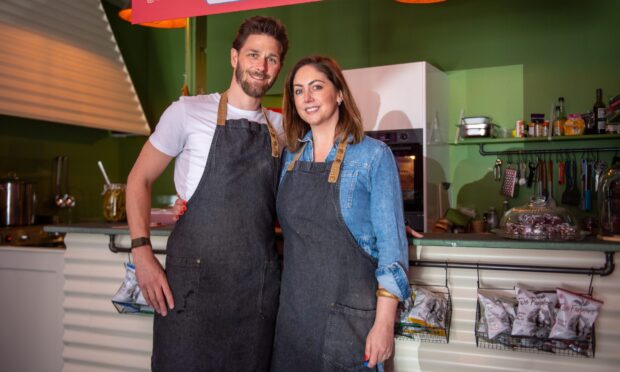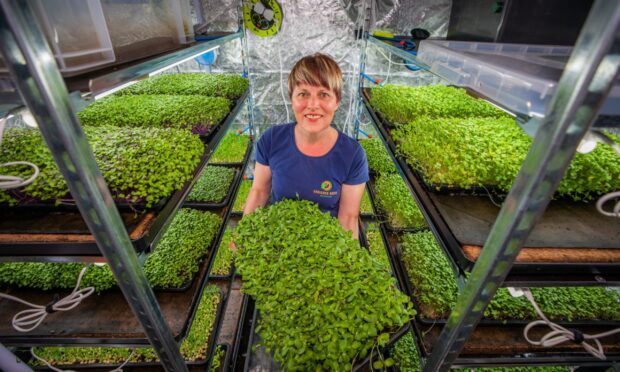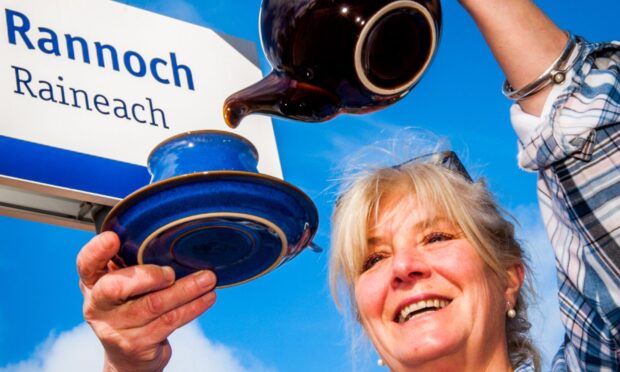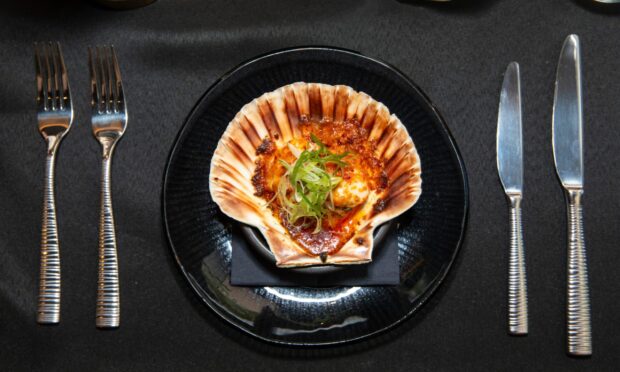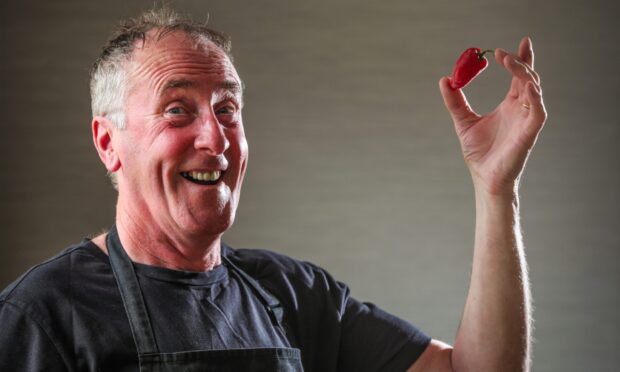Britain’s recent surge of new distilleries largely stems from law changes that opened up distilling to small firms, even private individuals, for the first time in more than two centuries.
In France, it is different – private distilling has been widespread for generations. Thousands of Frenchmen, and women, make their own “eau de vie” and also liqueurs. Some take the easy route and buy cheap bulk “alcool de fruits”, then steep fruit or herbs in it and, if need be, add sugar. Others – and there are many – steep crushed apples, pears or other fruit in water, add yeast and let the mix ferment for weeks or even months in big plastic barrels or tubs. They then take them to a licensed distiller, who distils the stuff, producing spirit at up to 48% abv.
I was told that, on average, the distillers charge five euros a litre for the spirit produced, plus a government tax of three to five euros a litre on top. The end result is a 48% eau-de-vie at 8-10 euros a litre, which is far cheaper than branded spirits. However, it means a lot of hard work – and the originator also has to bottle and label it.
I recall years ago being shown an old French mobile distillery: it looked like an early “Puffing Billy” steam engine. Such distilleries still ply France’s roads today, although they now sit neatly enclosed on a lorry. However, most distilleries are now on industrial estates and people take their home-fermented mixes there and collect the spirit some days later.
I met one enthusiast called Emmanuel (“Like ze President Macron!”) who makes eau de vie from fruit, but particularly from “gentiane”, a big yellow-flowered plant abundant in mountain pastures, not to be confused with the little blue gentian we all know.
He hacks out its fat roots with a pickaxe, then washes, scrapes and dries them, before dicing and fermenting them for three months in water with yeast. From 380 litres of mash he obtains 10 litres of spirit at 48%. “I could add sugar and get more spirit,” he admits, “but it’s then too sharp and fiery.”
I tried several of his eaux de vie, called “niaule” (pronounced nee-yole) in the local dialect, including his gentiane. Some were smooth and subtle, others earthy and not for the faint-hearted – but I enjoyed them all.